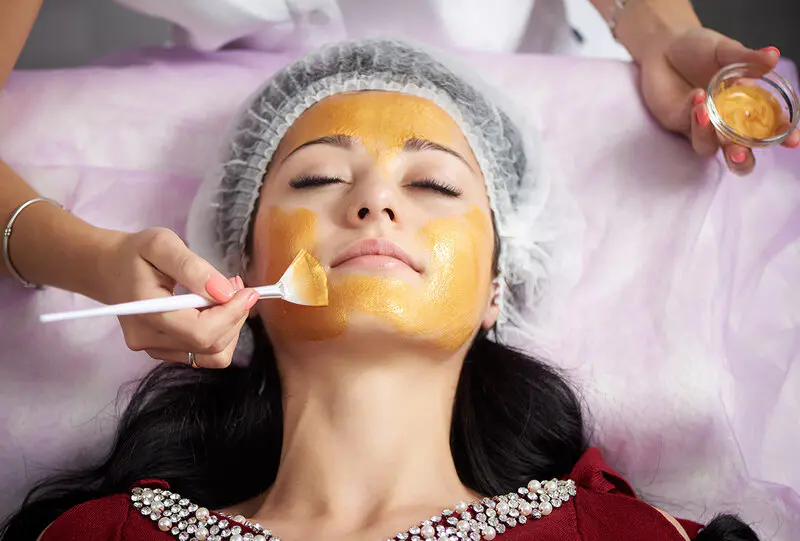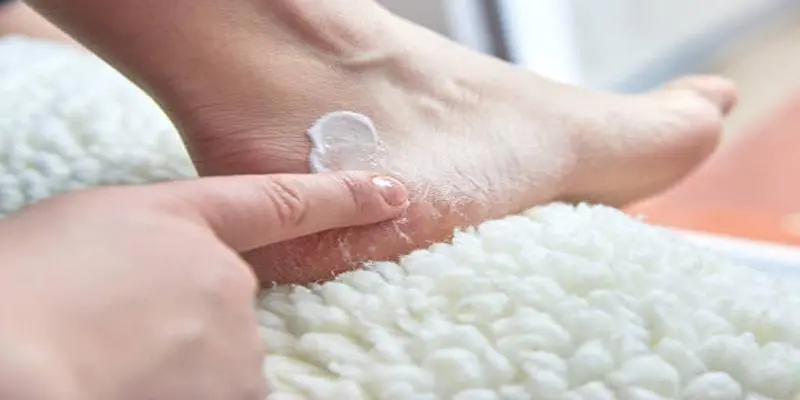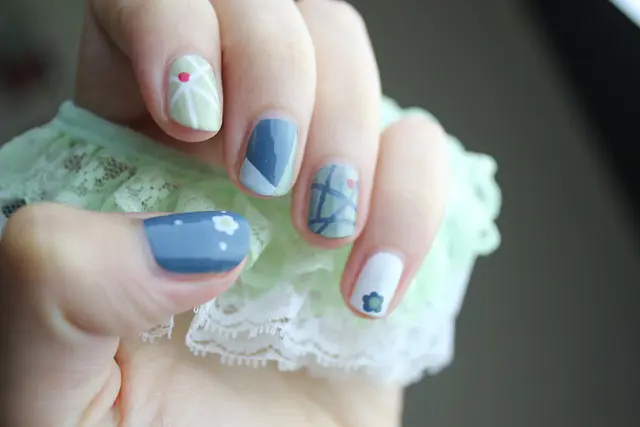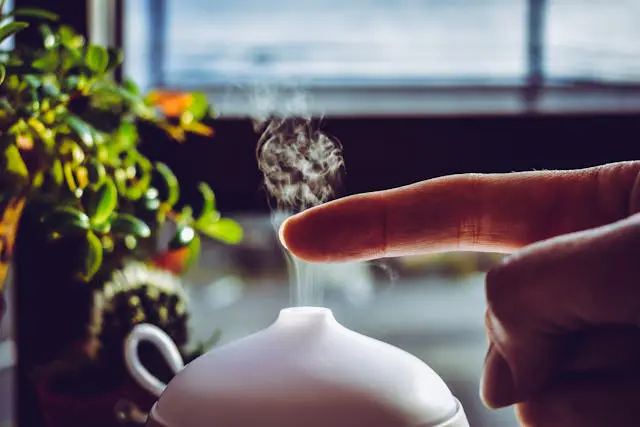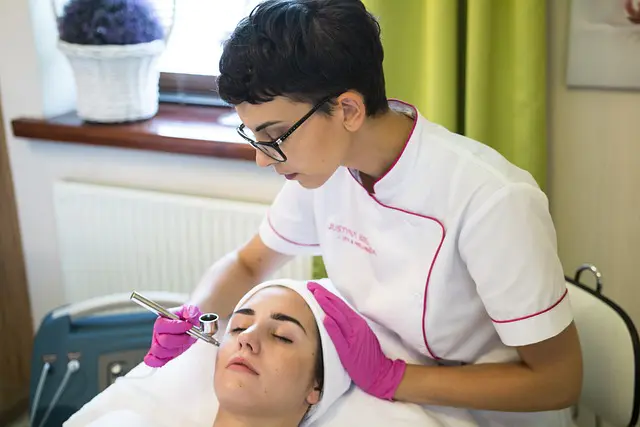While it is widely acknowledged that sleep is vital for overall well-being, its significance in maintaining skin health is often underestimated. The connection between sleep and skin vitality is a key, yet frequently ignored, element in the pursuit of a luminous and youthful skin tone. Overnight, our bodies engage in critical repair and restoration processes that are especially beneficial for our skin's health. This includes the enhancement of cell renewal and the stimulation of collagen production, positioning quality sleep as an essential ingredient for beautiful skin.
In this piece, we delve into the effects of sleep on skin health, the underlying scientific mechanisms, and provide guidance on how to optimize your sleep patterns to awaken each morning with rejuvenated, radiant skin.
1. Scientific Connections Between Sleep and Skin Health
As you slumber, your body enters a phase of repair and rejuvenation that impacts not just your muscles and internal organs, but also your skin. During the deeper stages of sleep, your body releases growth hormones that facilitate cell repair, regeneration, and collagen synthesis. These processes are crucial for preserving a youthful and healthy skin appearance.
1.1 Skin Cell Renewal and Regeneration
Sleep is instrumental in the process of skin cell renewal. Skin cells are in a constant state of renewal, with older cells being replaced by fresh, healthier ones. This renewal process is most active during sleep. Sufficient sleep ensures that your skin can effectively repair and regenerate, resulting in a smooth and clear complexion.
Lack of sleep can slow down this renewal process, leading to a dull and fatigued skin appearance and potentially worsening conditions such as acne and wrinkles. By ensuring adequate sleep, you allow your skin to renew itself effectively, leading to a more vibrant and fresh appearance.
1.2 Collagen Synthesis and Skin Firmness
Collagen, a protein that provides structure and elasticity to the skin, naturally decreases with age, contributing to wrinkles and sagging. However, during sleep, collagen production is enhanced, helping to maintain the skin's firmness and smoothness.
Lack of sleep can disrupt this process, reducing collagen levels and increasing visible signs of aging. Prioritizing sleep supports collagen synthesis and helps maintain the skin's youthful appearance.
2. The Impact of Sleep on Skin Condition
In addition to promoting cell turnover and collagen production, sleep also influences various aspects of skin health, including hydration, inflammation, and the presence of dark circles. Here's how sleep affects your skin condition:
2.1 Skin Hydration and Moisture Balance
Sleep is essential for maintaining the skin's hydration levels. While resting, the body rebalances its hydration, allowing the skin to retain moisture. Poor sleep can lead to dehydration, causing the skin to appear dry, flaky, and more prone to fine lines and wrinkles.
Moreover, during sleep, the skin's natural barrier function is restored, enhancing its ability to retain moisture throughout the day. Ensuring adequate sleep helps keep your skin hydrated and plump, leading to a more youthful and radiant complexion.
2.2 Inflammation and Skin Health
Chronic sleep deprivation can trigger systemic inflammation, which may manifest on the skin. Inflammatory responses can result in redness, puffiness, acne flare-ups, and conditions such as eczema or psoriasis. Sleep allows the immune system to actively repair and reduce inflammation, providing relief to the skin.
Sufficient quality sleep can regulate inflammatory responses, preventing skin conditions from worsening. Additionally, good sleep can improve the skin's healing capabilities from injuries, acne breakouts, or irritation.
2.3 Dark Circles and Puffy Eyes
Insufficient sleep is often linked to dark circles and puffiness around the eyes. Lack of rest can cause the blood vessels under your eyes to dilate, leading to dark shadows. Sleep deprivation also causes fluid retention, resulting in swollen, puffy eyes.
Adequate sleep helps reduce the appearance of dark circles and puffiness by improving circulation and reducing fluid buildup, contributing to a refreshed and youthful appearance upon waking.

